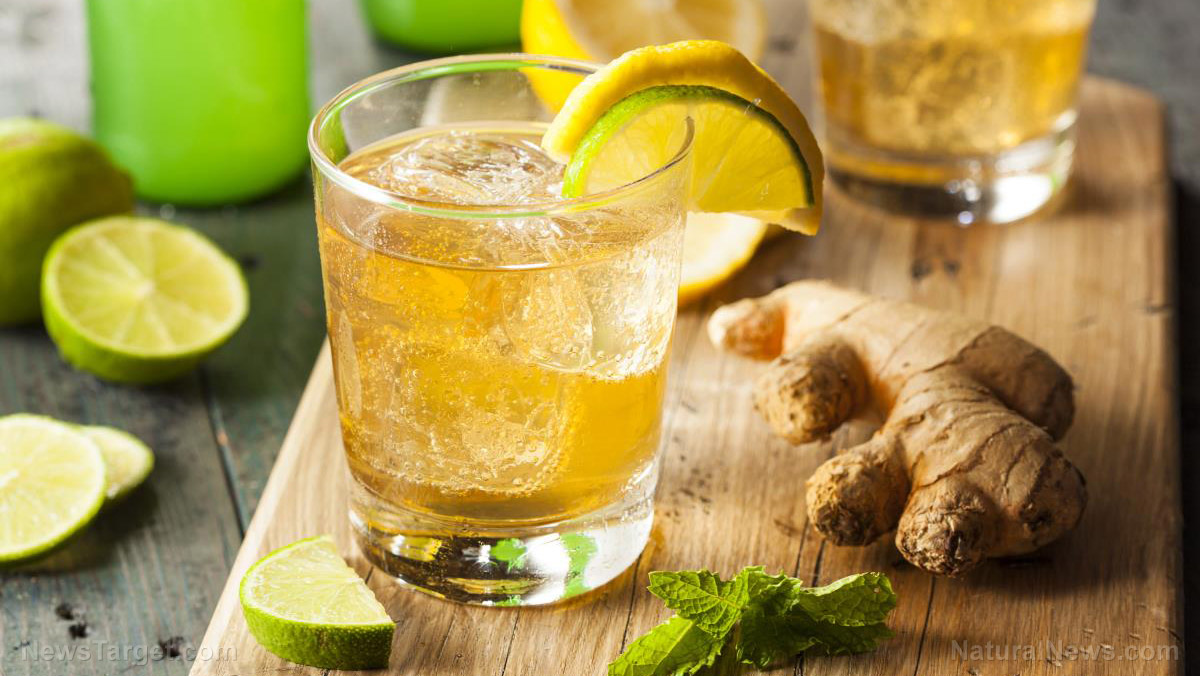
Advertisement
An overactive bladder is one of those conditions that can be embarrassing to talk about. After all, it is not easy to bring up anything concerning our private parts, even to our GPs. So it might not come as a surprise that around 33 million Americans have an overactive bladder.
An overactive bladder is characterized by a frequent and sudden urge to urinate that is difficult to control. People with this condition have this persistent “got to go” feeling that is often accompanied by incontinence, or urine leaks.
An overactive bladder is not a disease, but you should consult a health professional all the same. It can be caused by an underlying medical condition, such as Parkinson’s, diabetes, multiple sclerosis or kidney disease. In other cases, it is linked to the use of certain medications, surgery or childbirth.
Remedies for an overactive bladder
On top of causing annoying symptoms, an overactive bladder can also cause feelings of isolation. But the good news is, there are herbs and foods that help with an overactive bladder. Here are some:
- Gosha-jinki-gan – This blend of 10 Chinese herbs is used in Traditional Chinese and Japanese Medicine to treat an overactive bladder. Studies also show that gosha-jinki-gan can reduce bladder activity.
- Corn silk – This herbal remedy comes from the long, silky threads that grow on corncobs. It is used in Traditional Chinese and Native American Medicine to treat various ailments, including bladder irritation, urinary incontinence and urinary tract infection.
- Capsaicin – This plant compound is the active ingredient in chili peppers that gives them their characteristic pungent flavor. Some researchers consider capsaicin an efficient and inexpensive, alternative treatment for an overactive and highly sensitive bladder.
- Reishi mushroom – This mushroom is traditionally used in China, Japan and other Asian countries to promote health and longevity. Research shows that reishi mushroom helps reduce the symptoms of an overactive bladder.
- Pumpkin seeds – Native Americans have long been using pumpkin seeds to facilitate the passage of urine. Additionally, researchers say that pumpkin seed extract is an effective remedy for an overactive bladder.
- Vitamin D – The sunshine vitamin is incredibly important for bladder health. In fact, studies link higher vitamin D levels to a lower risk of pelvic floor disorders, such as leaky bladder in women. Foods rich in vitamin D include fatty fish, egg yolk and mushrooms.
What NOT to eat if you have an overactive bladder
Certain foods can irritate your bladder and increase bladder activity. Make sure to avoid the following foods:
- Tomato products – Tomatoes are acidic foods that can irritate your bladder and aggravate incontinence. Avoid foods with tomatoes, such as spaghetti, ketchup, pizza and salsa.
- Coffee and tea – These beverages contain caffeine, which can increase the frequency and urgency of urination.
- Chocolate – Chocolate also contains caffeine.
- Citrus fruits – Citrus fruits like oranges, limes and lemons are highly acidic. Like tomatoes, they can irritate your bladder and increase the urge to urinate.
- Alcohol – Alcohol is a diuretic, which means it will make you urinate more frequently. Additionally, it can irritate your bladder and disrupt brain signals that make you aware of bladder overflow.
- Carbonated drinks – The fizz in carbonated drinks like soda and sparkling water can potentially worsen the symptoms of an overactive bladder.
- Sweeteners – Studies show that both natural and artificial sweeteners can exacerbate incontinence.
- Processed foods – Processed foods contain artificial ingredients that can worsen the symptoms of an overactive bladder.
- Onions – Like acidic foods, onions can irritate your bladder.
An overactive bladder causes pesky symptoms that are made worse by our inability to openly talk about the condition. While it isn’t something to be ashamed of, our emotions can get the best of us. Fortunately, there are various foods and herbs that can help calm an overactive bladder.
Sources:
Advertisements







